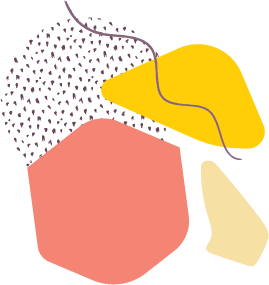With 47 films on tap for Rocky Mountain Women’s Film Festival 2019, there’s no shortage of content to simply sit back and watch. But one of the highlights of the weekend each year is having the chance to connect with the filmmakers who travel out to Colorado with their films.
This year, a whopping 20 filmmakers will be on hand (a festival record!), participating in post-film Q&As, filmmaker panels, sipping coffee during breaks, and, likely, sitting in the theaters next to unsuspecting festgoers, enjoying a few of their peers’ screenings.
As a bit of a filmmaker panel “sneak peek,” we spoke with three 2019 filmmakers who are attending — Irene Taylor Brodsky, Andrea Kalin and B. Monet — ahead of the fest to learn a little about them and their films, and some of their thoughts on RMWFF.
Irene Taylor Brodsky
Third-time RMWFF participant and RMWF filmmakers retreat attendee
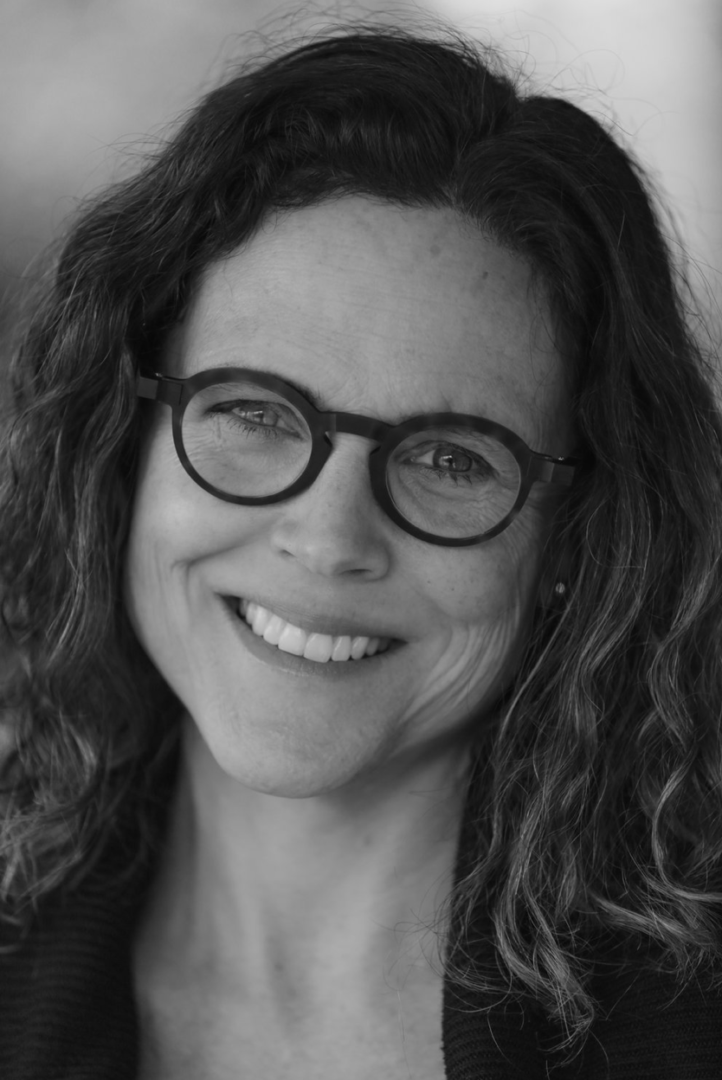
In 2007, Irene Taylor Brodsky brought Hear and Now to RMWFF, a documentary memoir about her deaf parents. This year, she returns with what she considers a continuation of their family’s story — Moonlight Sonata, “a personal documentary about my deaf son, my deaf father and Beethoven as he went deaf writing the ‘Moonlight Sonata.’”
When asked what it’s like to focus on telling the stories of those closest to you, she says the impact was probably more on them than her.
Taylor Brodsky admits that she asked a lot of her family because they were right in front of her so much of the time. She even “set up the light in my living room next to the piano, just so that we always had a sufficient technical environment for shooting.”
Now that the filming process is behind them, Taylor Brodsky says she’s trying to be very conscientious about not overexposing her family to the screening side of things — although her mother Sally will be joining her for RMWFF, a fest she’s thrilled to be a part of again.
“I've always found the audiences in Colorado Springs to be tremendously engaged,” she says, “and there's something really welcoming about that.”
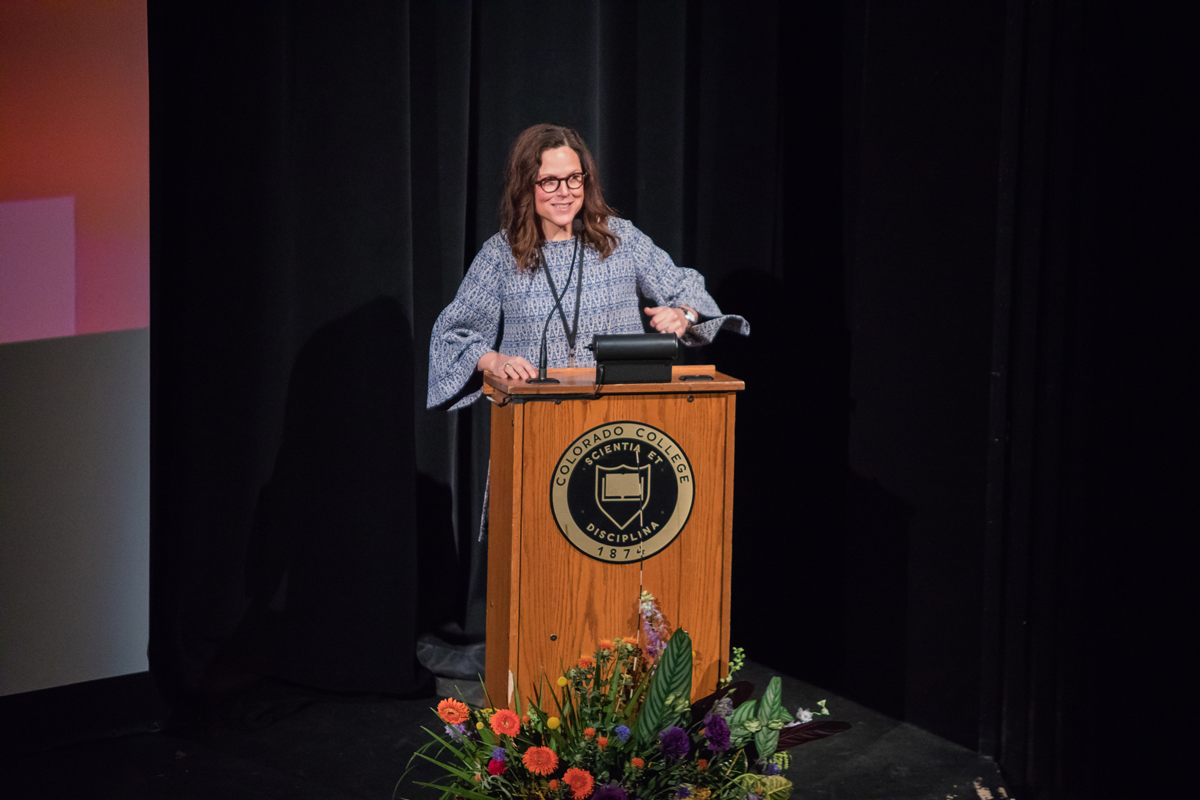
So if she could give some “How to Fest” advice, what would it be?
“Drop in on a film you wouldn’t think you want to see. Allow yourself to just fall into a screening because those are sometimes the magic that happens. Nonfiction films can bring you into a world that you never knew existed and yet does exist because it’s a documentary,” she says.
Oh, “and wear comfortable clothes so that you can just sit for a long time.”
Andrea Kalin
Third-time RMWFF participant and a RMWF filmmakers retreat attendee
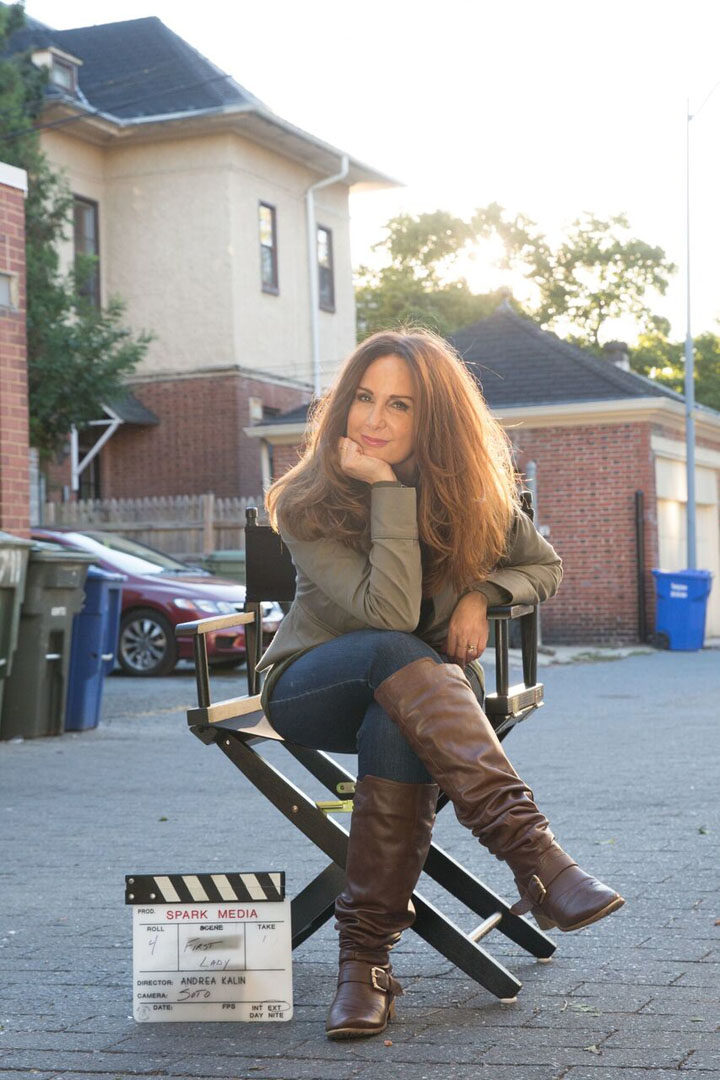
Andrea Kalin’s latest film, Scattering CJ, is, as she says, “a story of love, loss and a family that tries to find its way.”
It’s also, she believes, a film about suicide that is ultimately uplifting.
The story focuses in on Hallie Twomey who loses her 20-year-old son to suicide. And in that moment of desperate inspiration, Kalin explains, Twomey turns to the internet and social media, puts out a call to the world and says, “I want to give my son one last gift.”
Twomey asks people if they’re going to a place of meaning or beauty, if they would consider scattering CJ’s ashes.
“She really felt that maybe a few family members, some neighbors, perhaps a few of his peers from school would respond to this call,” Kalin says, “but over 20,000 people from around the world did.”
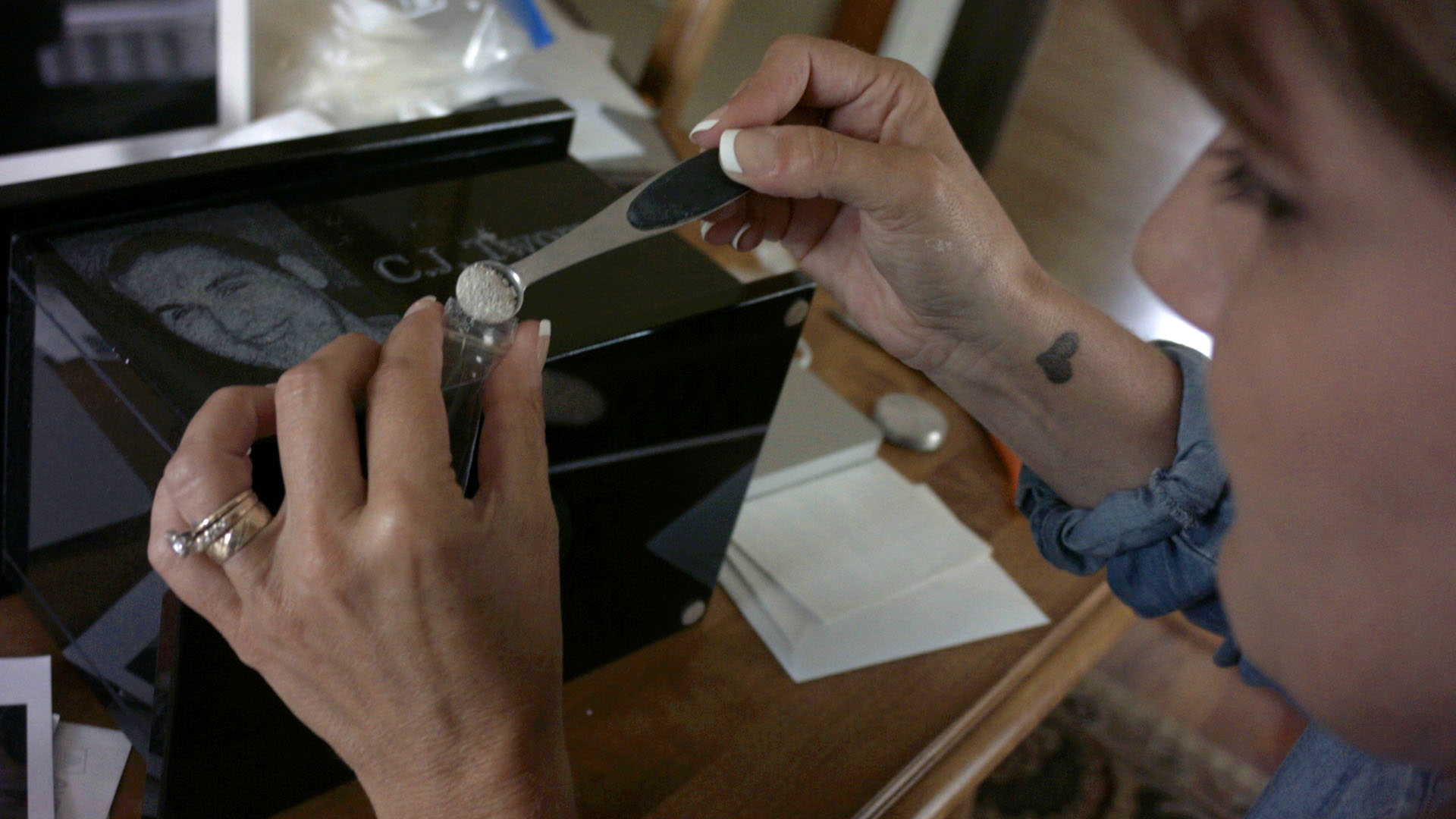
To Kalin, this film tells the story of a mother’s pathway of grief, but it’s also “a life-affirming approach to death that brings humanity out of complete strangers.”
Of course, life-affirming doesn’t mean not difficult. Kalin spent four and a half years on this project, and in addition to the weight of the topic, she felt a weight of responsibility from the faith and trust the family invested in her and her crew.
“It did take a toll on me,” Kalin says. “Intellectually I understood the statistics, I understood the gravity of what we were tackling. There is no such thing as a good story when it comes to suicide. But … one of the things that really shocked me was just the number of people that are impacted by a suicide, the ricochet effect on the communities and the families and the neighborhoods.”
Kalin adds that when people sit and watch the film, it organically kicks off conversations after a screening among the viewers. “It really does give you the sense that you can find laughter and joy and connection and community even in the worst of times.”
She’s looking forward to having some of these types of conversations at RMWFF.
“I love the loyal base of filmgoers that make the festival their ritual happening year after year,” Kalin says. “I’m delighted when I bump into people who actually recognize me or saw my very first film, and now I’m on my 12th. …
“I return because I cherish the alchemy.”
B. Monet
First-time RMWFF participant

First-time RMWFF filmmaker B. Monet was drawn to film as her mode for storytelling because “it’s a visual medium in which you can literally share ideas but you can also help to change someone’s reality.”
In her short film Ballet After Dark, Monet tells the story of a young woman who, after experiencing a traumatic event, “tries to build herself beyond the pain, not only to seek healing, but to help others seek healing,” through the Baltimore, Maryland-based organization Ballet After Dark and its “Reprocess, Rebuild, Reclaim Your Life” program for survivors of sexual and domestic violence.
It seems Queen Latifah agreed. (Yes, the one and only.)
The rapper, singer, songwriter and actress also claims the title of producer. She recently began an initiative called the Queen Collective, which aims to promote racial and gender equality among filmmakers. Earlier this year, Monet submitted a treatment and other documents to the program, and, after multiple selection rounds, was chosen as one of two of the Collective’s inaugural filmmakers to receive mentoring, production support and equal distribution opportunities. Monet’s film premiered through the Collective at the 2019 Tribeca Film Festival.
Tribeca was a great experience, Monet says, but she’s also looking forward to RMWFF. She loves that the festival celebrates women’s voices and she’s particularly excited about one perhaps lesser-known component: Youth Outreach, which, on the Friday morning before RMWFF officially begins, offers visiting filmmakers an opportunity to meet with local high school students to discuss their films.
“I love talking to the youth. Getting their feedback … their questions about the film, getting inside their heads,” Monet says. “Gen Z is exposed to much more. I love seeing what fascinates them, what are they curious about, what are they struggling with.”
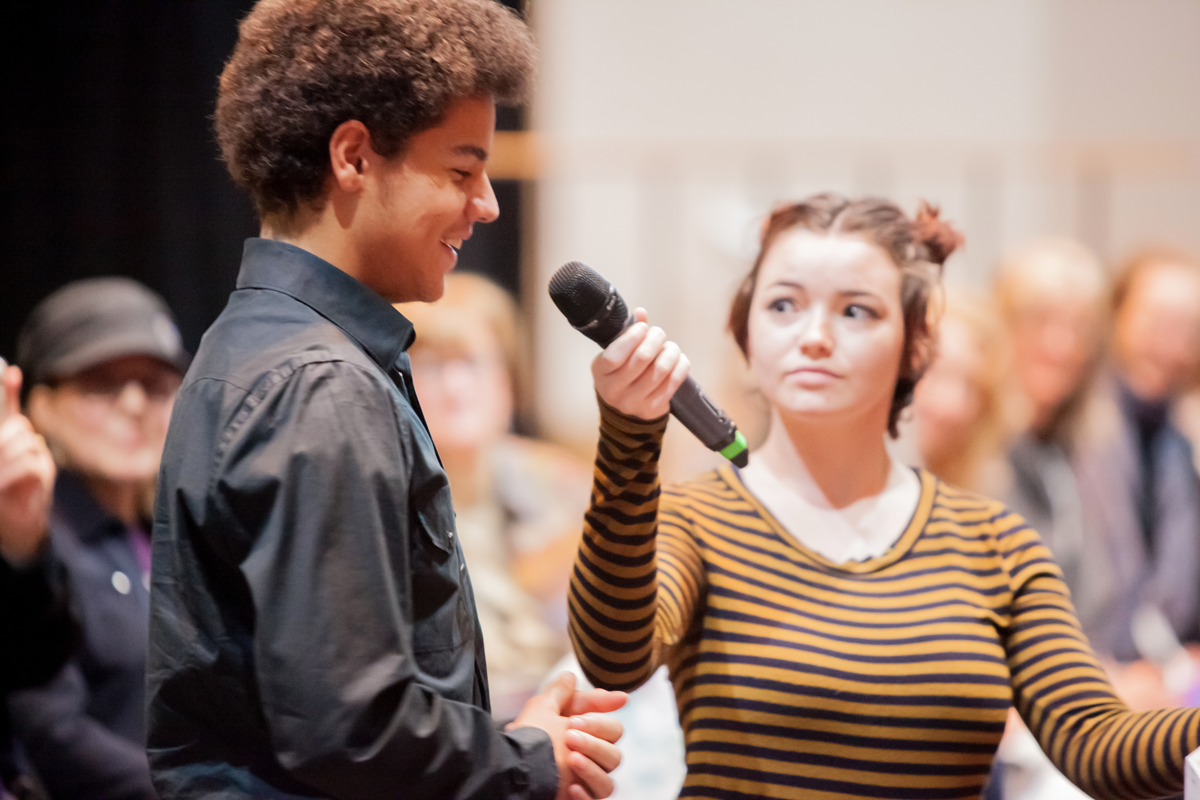
She adds that any opportunity she has to talk with youth, she usually takes it. “They really are our future. They know a lot more than we do maybe.”
So what’s next — after RMWFF — for Monet?
“I really, really, really want to do a feature film. I think it’s time, I’m ready, and I just gotta keep moving forward.”
Written by Kirsten Akens
